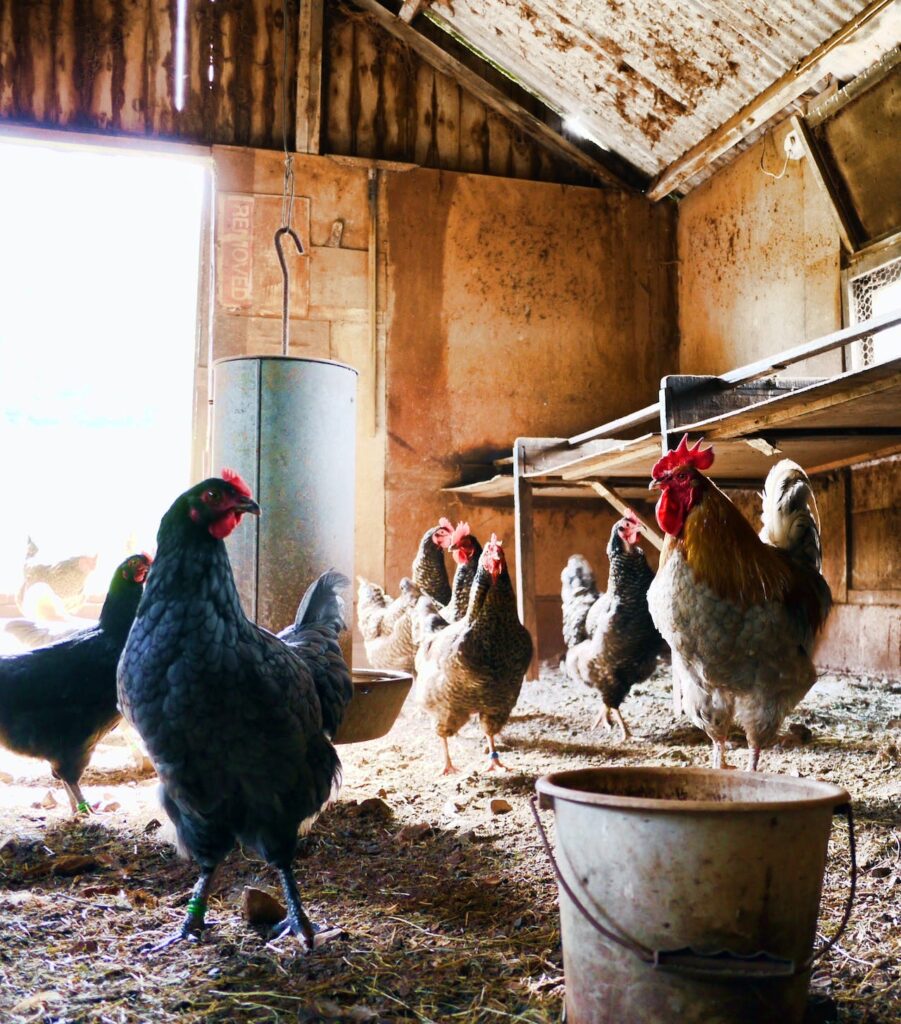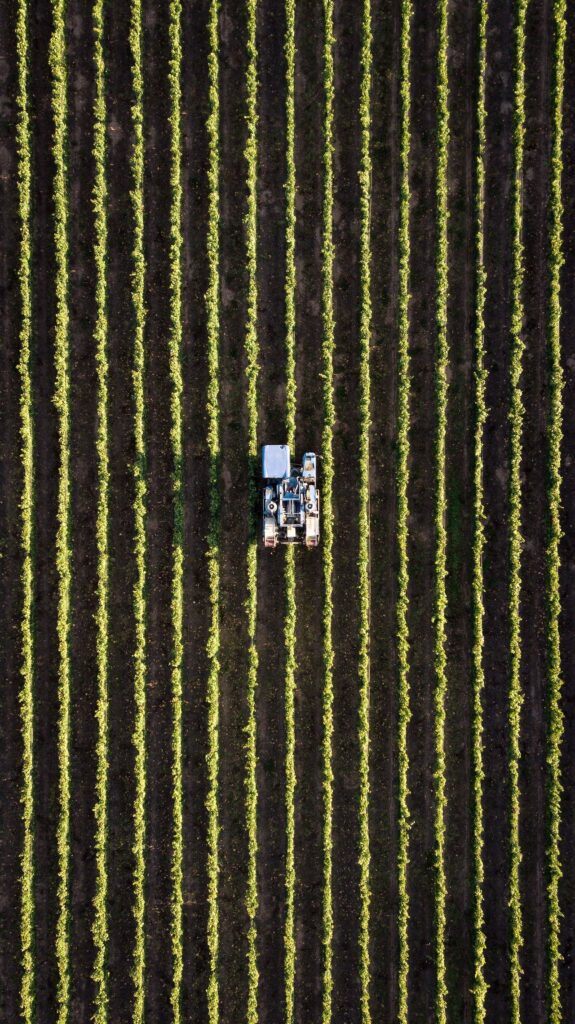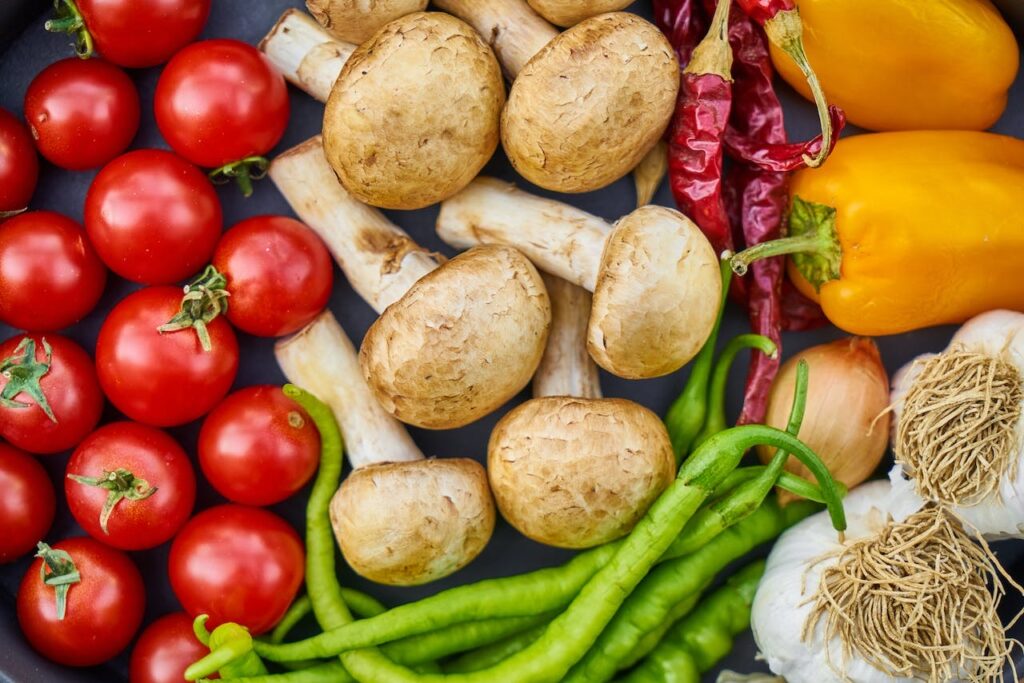Subsistence Farming VS Agriculture VS Indoor Farming
Subsistence farming — Think all farms are created equal? Think again! While both subsistence and agriculture farming involve growing crops and raising livestock, their goals, methods, and impacts differ significantly. Let’s dive into the world of farming and explore these fascinating differences:
Subsistence Farming

Imagine a small family farm nestled amongst rolling hills. This is the picture-perfect scene of subsistence farming. Here, the primary focus is survival and self-sufficiency. Farmers grow a diverse range of crops, from vegetables, Microgreens and fruits to grains and legumes, primarily for their own consumption.
Think of it like a personal grocery store! This small-scale farming relies on traditional methods and low-tech tools, like hoes, machetes, and maybe even a trusty ox. While the yields might not be enormous, these farms are often crucial for the livelihoods of smallholder farmers and their families, especially in developing countries.
Agriculture Farming

Now, picture vast fields stretching as far as the eye can see, filled with a single crop. This is the realm of agriculture farming, where profit reigns supreme. These large-scale farms are all about maximizing yields and producing crops for the market.
To achieve this goal, they utilize advanced technology like tractors, irrigation systems, and fertilizers. While these methods can be incredibly productive, they often have a significant environmental impact due to deforestation and intensive farming practices.
Here’s a table summarizing the key differences:
| Feature | Subsistence Farming | Agriculture Farming |
| Goal | Self-sufficiency | Profit |
| Scale | Small-scale, family-run | Large-scale, commercial |
| Crops | Diverse range | Monoculture or limited variety |
| Technology | Traditional, low-tech | Advanced, high-tech |
| Output | Low yields, primarily for self-consumption | High yields, primarily for market consumption |
| Environmental Impact | Less damaging | Can be significant |
| Social Impact | Supports rural livelihoods and traditions | Can lead to rural depopulation and inequalities |
Looking Ahead
The future of farming lies in finding the perfect balance between these two approaches. We need to learn from the sustainable practices of subsistence farming while also leveraging the efficiency of agriculture farming to ensure food security for a growing population.
Indoor Subsistence Farming

Imagine having a little farm right in your living room! Indoor subsistence farming allows you to do just that. By growing your own food inside your home, you can enjoy fresh, healthy produce year-round, no matter the weather outside. You can even save money on groceries and reduce your carbon footprint.
Think of it like a delicious fusion dish! We can combine the best of both worlds to create a more sustainable and equitable food system for everyone.
Remember, this is just a basic overview of the complex world of farming. There are many variations and nuances to explore, so keep digging and learning!


